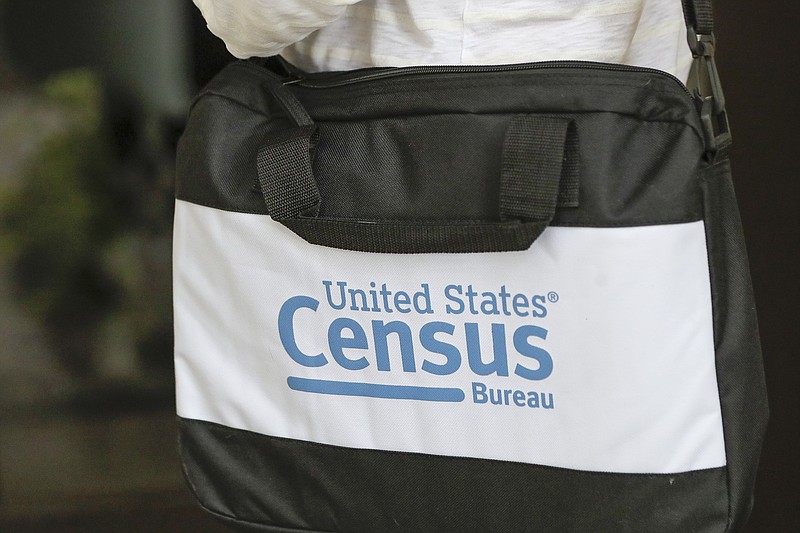ORLANDO, Fla. -- Court filings asking a judge to block the shortened 2020 census schedule claim the monthlong delay for calculating the number of people used for redrawing congressional districts is being done so that it takes place on President Donald Trump's watch.
Some municipalities and civil-rights groups said in court filings this week that the Census Bureau had revised its deadlines because of the pandemic so the 2020 census would finish at the end of October. But earlier this month, the bureau shortened that deadline to the end of September after Trump directed the agency to exclude people in the country illegally from figures used for redrawing congressional districts, a process also known as apportionment, the court filing said.
"Shortening the census timeline ensures that, regardless of the outcome of the November election, this President will have the opportunity to implement his Apportionment Exclusion Order," said the filing.
More than a half-dozen other lawsuits are challenging Trump's order, which civil-rights groups say is unconstitutional and an attempt to limit the power of certain immigrants.
The Census Bureau has said that it needed to finish the count at the end of September to hand in numbers for apportionment by the end of the year after Congress failed to pass its requests to extend deadlines for apportionment and redistricting numbers.
The shortened deadline is causing the bureau "to cut corners," and it will compromise the accuracy, reliability and legitimacy of the 2020 census, which already was challenged by the pandemic and funding shortfalls, said Thomas Louis, a Johns Hopkins biostatistician who was the Census Bureau's chief scientist from 2013-2015.
"The Census Bureau is staffed by skilled and dedicated civil servants, and I believe that they will do everything in their power to meet the revised deadlines," Louis said in court papers on behalf of the municipalities. "But for the Bureau's staff to do so, some key operations will need to be eliminated or abridged."
The shortened scheduled will create "a cascading chain of consequences," Louis said.
First, the lack of time to knock on the doors of households that haven't responded to the questionnaire will result in substandard data. Because of that, bureau workers will need more time to correct mistakes, replace missing data with substitute values from similar households and use administrative records or other sources to fill in gaps on a shortened timeline, he said.
The compressed schedule also will increase the chances of undercounting Blacks and Hispanics and people living in rural areas, said John Thompson, a former Census Bureau director during the Obama administration.
The Census Bureau says it is making phone calls to some homes whose residents haven't yet responded to the census, but Thompson said that will be ineffective because the best results come from well-trained census takers, also known as enumerators, who are familiar with the neighborhood in which they are door-knocking.
As of last Friday, more than 64% of U.S. households had responded online, by mail or telephone, and census takers had counted almost 10% of households.
"The overall quality of the 2020 Census data will very likely be materially lower than in previous censuses," Thompson said in court papers.
